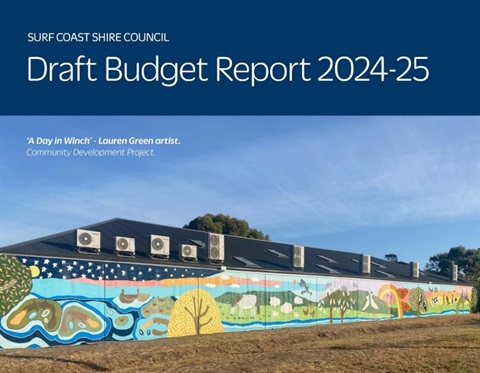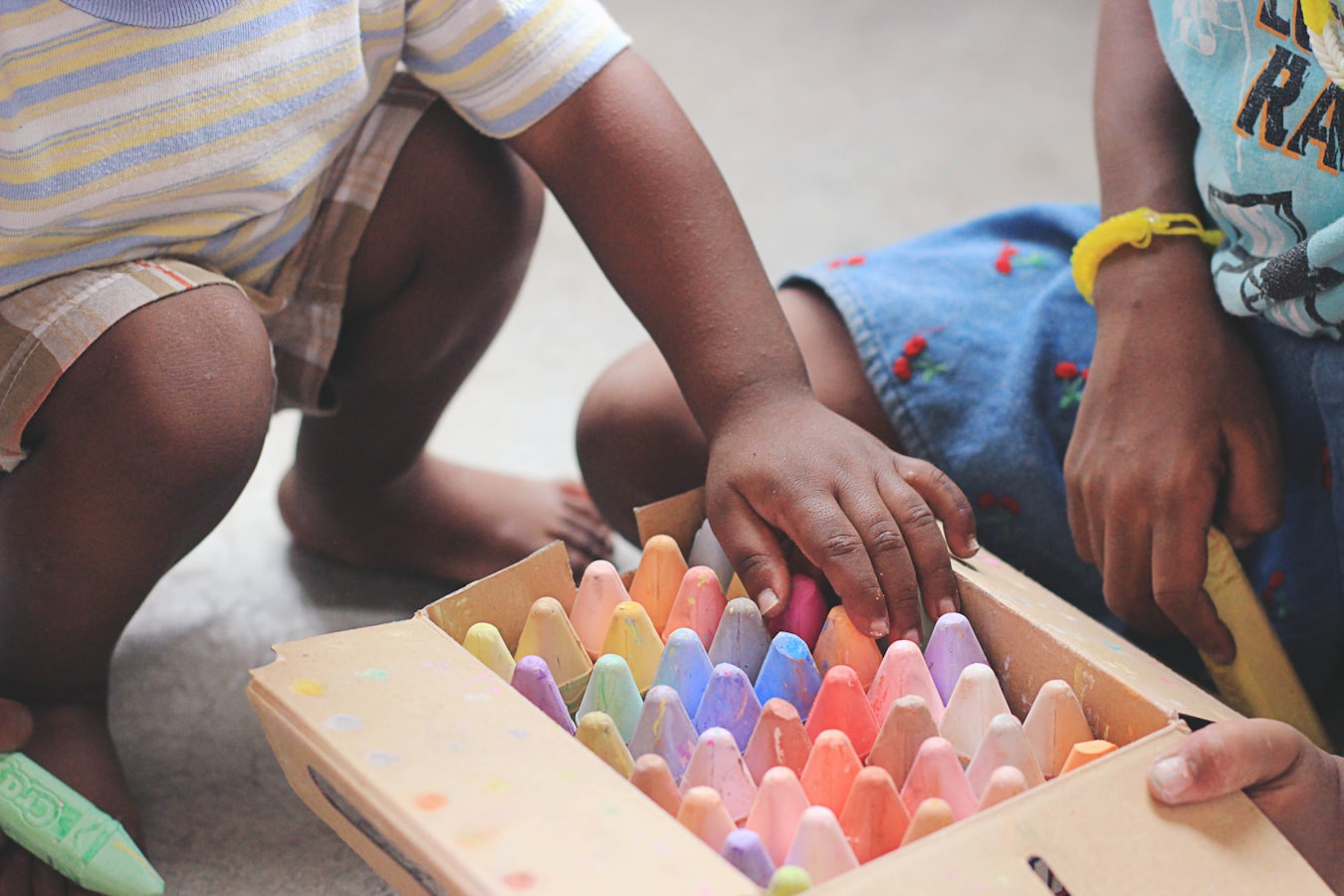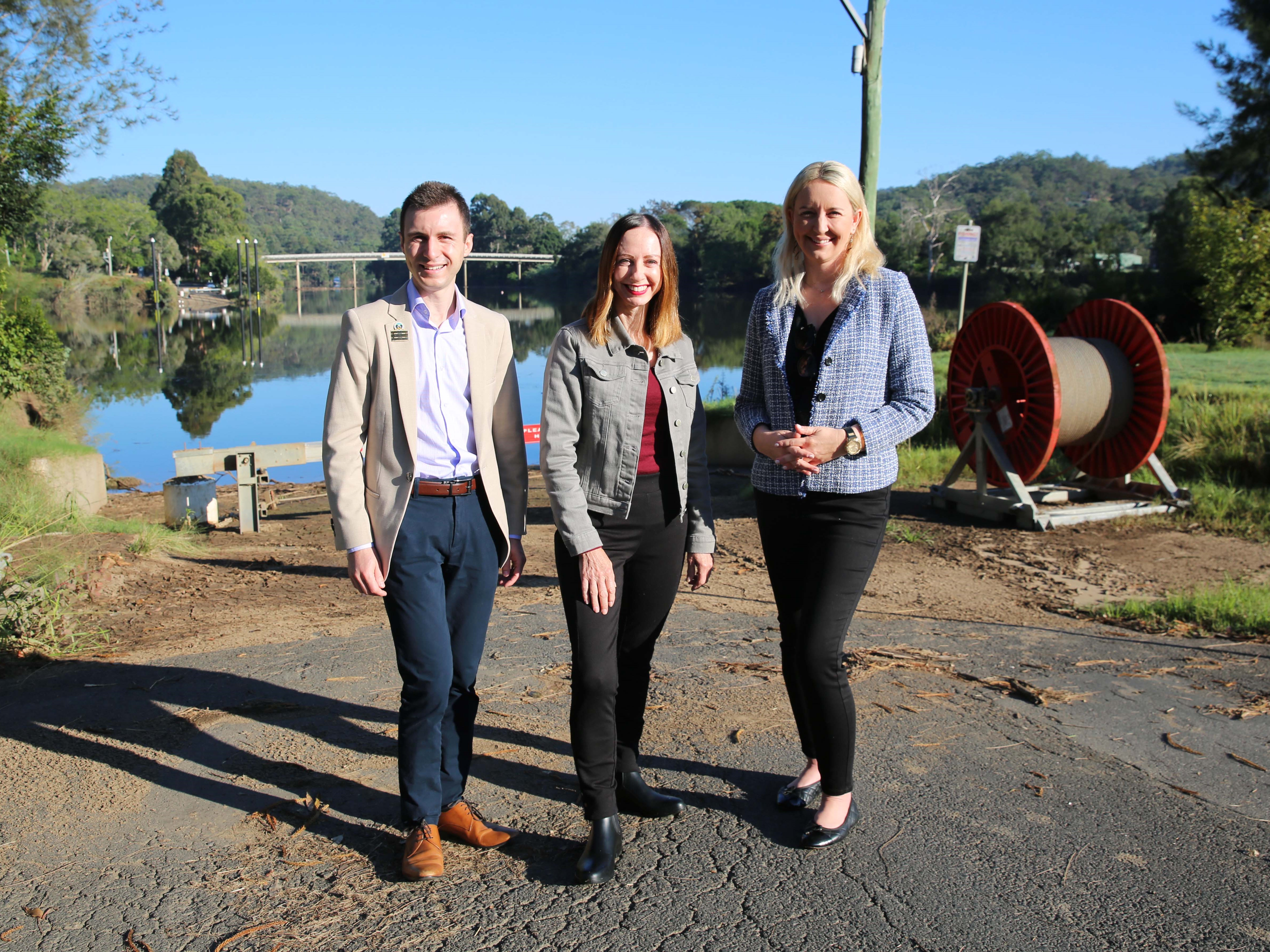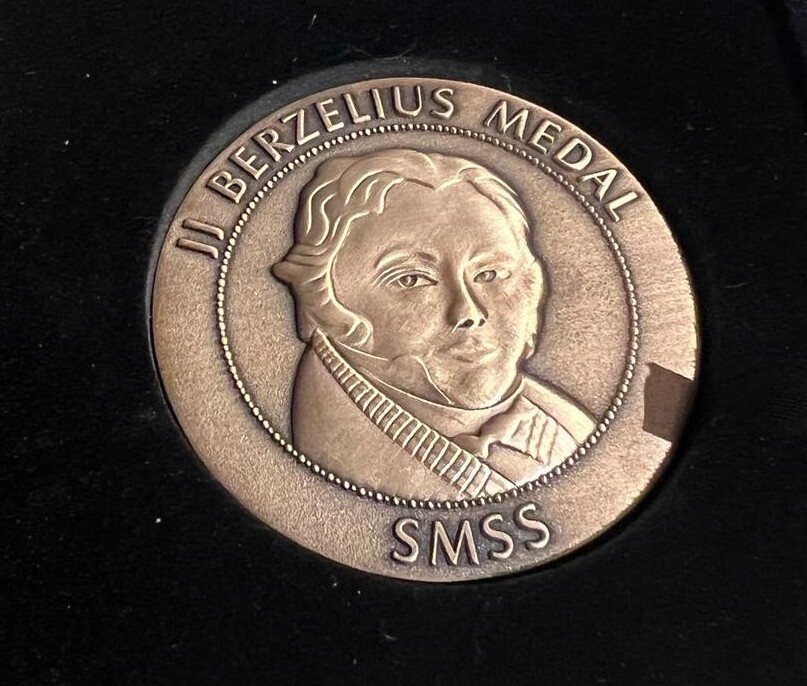It’s Science Week which is just like Christmas for the Science and Medicine team at Sport Integrity Australia and we’re in celebration mode!
We’re extremely fortunate to have a wealth of scientific experience and expertise within our agency that not only contributes to continuous improvement for safe and fair sport within Australia, but also contributes to the global efforts of keeping sport clean from doping as we move closer to a clean and fair playing field for all.
As part of our Science Week celebration we’re shining the spotlight on the new Assistant Director Science Gemma Payne, an accomplished Forensic Scientist.
We chat to Gemma about how she got into science, her career to date and what she hopes to achieve while she’s with Sport Integrity Australia.
What got you into science?
I am a product of the “Scully Effect” thanks to The X-Files. Gillian Anderson’s character inspired so many young woman to pursue a career in this space and I remain a tragic fan of the show to this day, fully embracing the geekiness. I even got to participate in a zoom meet and greet with Gillian Anderson in 2020 where I thanked her for inspiring me through such an incredible character, which was pretty special.
Did you always love science as a child or did the interest grow later in life?
When I was around 10 my teacher brought in some cow hearts from the butcher and we cut them up to see how a heart functioned. I was hooked! Much to my parents horror I proudly arrived home with a bag full of dissected cow hearts so it probably didn’t shock my family that I ended up as a forensic scientist.
Tell us about your science career to date?
I knew I wanted to study science but was never one for doing something ordinary, so I studied Forensic Chemistry at university and after completing honours I continued my studies, undertaking a PhD based at the Australian Federal Police (AFP) forensic labs where I ultimately got a job as an AFP forensic chemist. It was soon after I joined that the second Bali bombing occurred, which I assisted with back in Canberra.
I continued to work for the AFP in forensics in various roles for 17 years and it’s been fascinating watching forensics evolve over this time. Evidence types that didn’t exist when I joined are now routine.
My journey has been pretty eclectic. I have analysed gunshot residue in murder cases, presented crime scene management training in Kenya and completed a military obstacle course at Canungra during a leadership program. I was able to apply my scientific knowledge in the lab and the field, both domestically and internationally.
I have now found myself at Sport Integrity Australia as the Assistant Director of the Science Team. My team (and everyone else I have met) is amazing and have been so welcoming, I feel very lucky that my path has led me here.
What has been a career highlight for you so far?
One stand out is my involvement in disaster victim identification for the 2009 bushfires. The bushfires were a tragedy, but it was in these moments that I could see first-hand how meaningful our work as forensic scientists can be. The impacted community was so appreciative and there was a wonderful sense of team with those we deployed with which lasted well after we returned.
What made you decide to come to Sport Integrity Australia?
I had heard wonderful things about the people and work of Sport Integrity Australia. Sport has always been an important aspect of my life and I was excited to transfer the skills that I had developed throughout my career in the AFP to a different organisation. I also liked the idea of having a more positive spin on my work and a greater emphasis on prevention. In a policing context a big operation is often a horrible event, such as a bombing. But in Sport Integrity Australia a big event is the Olympics!
What do you hope to achieve while you’re here?
I hope that I can use my past experiences and perspective to contribute to the objectives of my team and the wider organisation. I worked in five different forensic teams at the AFP, each one providing me with experiences that I carried forward to the next role. I’ve found that in my new role here at Sport Integrity Australia, I am drawing on all these collective experiences on a daily basis.
Where do you see your career taking you?
At the end of the day I am driven by interesting experiences and wanting to make a difference. There is no way I could have predicted the path my career would take when I walked into my first class at university and I try to stay open to opportunities as they present themselves. As long as I’m learning new things, innovating and working with great people, I’ll be happy.
Now that I have children I want my children to participate in safe and fair sport. I’ve only been with the agency for a short while, but what excites me is the way science is one of the driving forces in anti-doping operations, working collaboratively with other teams such as Investigations and Intelligence.
Has a career in science turned out as you expected?
When I was in school I participated in one of those career prediction surveys. My scores reflected an equal interest in science and art. I was told I had to pick one as the disciplines were polar opposites. All these years later, I completely disagree with this advice! Science can be artistic and creative. I rely heavily on my creative side, especially for problem solving and engagement. I have even seen these aspects of my personality merging in my hobbies, one of which is astrophotography which I taught myself during COVID lockdown. It has been fun learning how to photograph distant nebulae, galaxies and comets with an ordinary digital camera in my own backyard.







